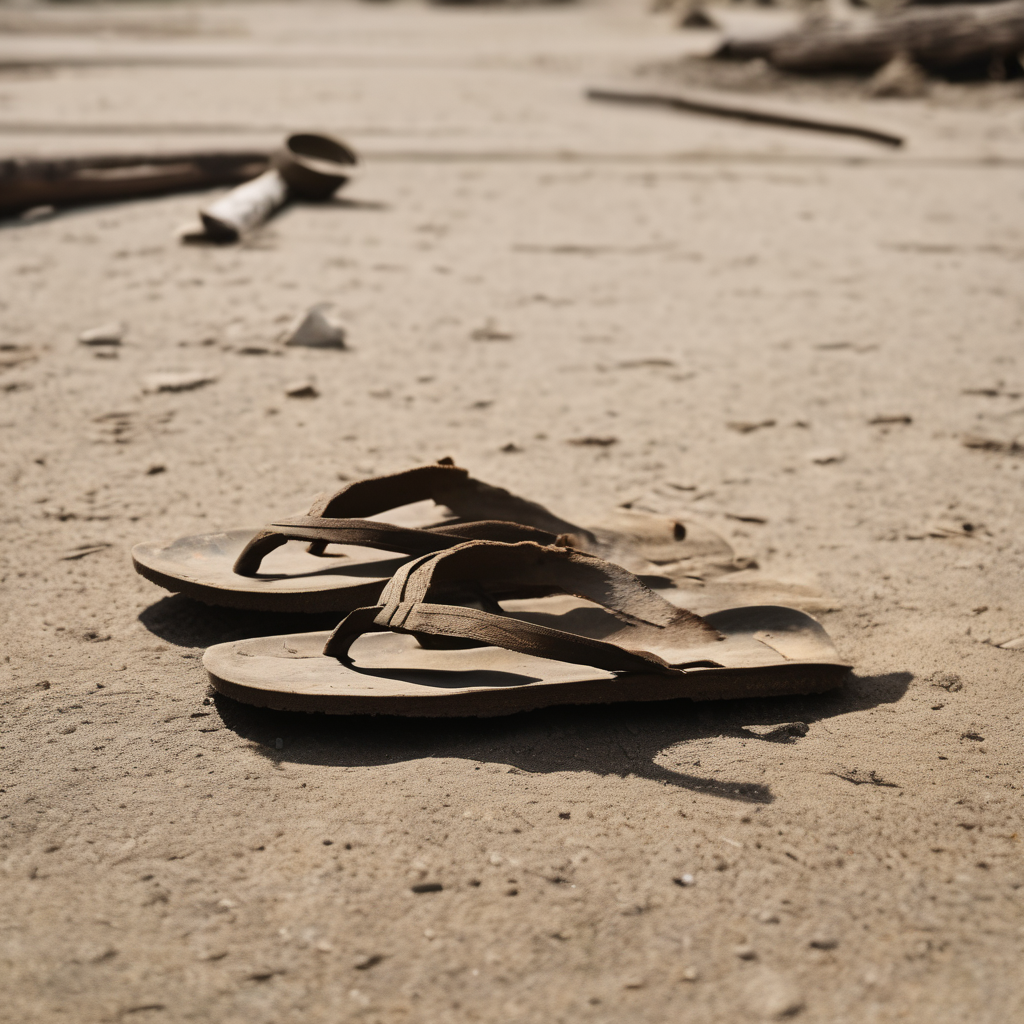Fiji is facing an alarming rise in drug-related activities involving children, largely driven by poverty, neglect, and lack of parental support. According to Father Ioane Sigarara, who has dedicated 15 years to substance abuse counseling, many young people from troubled families seek belonging outside their homes, unintentionally falling prey to negative influences. This situation highlights deeper societal issues, not just poor choices, that need urgent attention.
Father Sigarara explains that young individuals often resort to drug use as a form of self-medication to cope with trauma and social challenges. He advocates for a compassionate approach, emphasizing rehabilitation over punishment, to address the root causes effectively. His observations align with broader concerns that children are resorting to drugs to manage internal pain and societal pressure.
To tackle the crisis, the Fiji government, represented by Minister Sashi Kiran, is implementing targeted policies in collaboration with law enforcement, social services, and community organizations. Their strategy focuses on prevention, rehabilitation, and creating safe environments to protect children from exploitation and substance abuse.
Past discussions have mirrored these sentiments, calling for increased parental involvement and community support. Emphasizing family engagement and close monitoring of children’s activities are seen as crucial steps in preventing substance abuse. Community leaders also recommend enhanced drug education in schools and comprehensive intervention strategies.
Compounding the crisis is the shift towards more dangerous drugs like methamphetamine and cocaine, which demands a multifaceted response involving mental health and social services. Strengthening family units is seen as essential in protecting youth from drug-related risks.
Despite the severity of the issue, there is hope for improvement through collaborative efforts. Open dialogue and the development of resilient support systems are key to guiding Fiji’s youth towards a safer future. By reinforcing the roles of community and family, Fiji can address these widespread problems more effectively.
